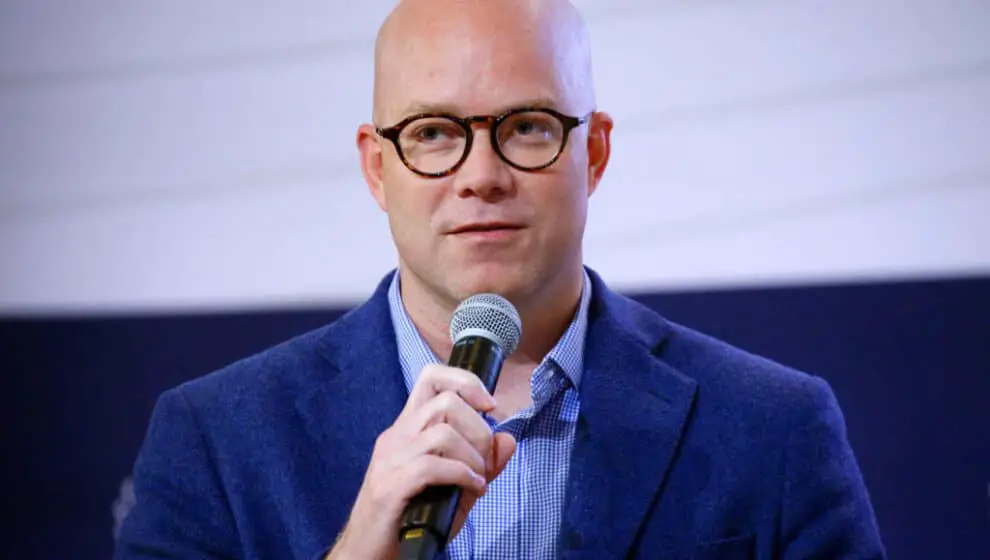Cotopaxi founder Davis Smith abandoned his plans to start a nonprofit to instead become an entrepreneur because he found that a profitable company can make a more significant impact.
Key Details
- Cotopaxi is an outdoor gear manufacturer with the motto “Gear For Good.”
- From the start, CEO Davis Smith decided to donate at least 1% of his company’s revenue, often far more than that.
- Smith switched from launching a nonprofit to starting a profitable venture, saying he “wanted to have a bigger impact.”
- Before Cotopaxi began making any money, Smith hired a chief impact officer to help him decide how he would eventually distribute funds to make the greatest impact on causes that mattered to him, Fortune reports.
- In response to criticism for focusing on giving so early, Smith says, “the only thing that really sets us apart from everyone else is that we’re going to do impact better than anyone else.”
Why it’s news
Impact investing goes a step beyond a typical investment strategy. Rather than looking for a profitable investment, an investor looks to support a cause through investments.
Part of Cotopaxi’s mission is to show its customers that businesses can positively impact the world.
“I feel like a big part of my responsibility as the founder of Cotopaxi is to evangelize this idea that business can be a force for good in the world and that we have a responsibility to transform capitalism,” Smith says.
Today, Cotopaxi donates at least 1% of its total revenue to nonprofits around the world that serve communities in extreme poverty. The company’s primary focus is on Latin American countries, where it invests in organizations that develop health care, education, and the livelihood of residents, according to Cotopaxi’s website.
Cotopaxi is also a member of 1% of the planet, a group of businesses committed to donating 1% of revenue to promote a healthier planet.
Recently, Cotopaxi received a $45 million investment from investment company Bain Capital through the company’s “Double Impact” fund.
The fund’s director Cecilia Chao explained how impact investing has grown in popularity, saying, “When we first launched our fund in 2016, folks didn’t really know what impact investing was. Is it a strategy? A stage of growth?… Today, everybody talks about impact investing. It has grown tremendously in terms of companies that define themselves as impact as well as investors in the space.”
Like Smith, Chao thinks impact investing will grow in popularity in the coming years.
“In today’s world, you can’t just focus on the financials,” she says. “Because in the long term, that’s not a sustainable business model. That’s what the name ‘Double Impact’ implies. Deliver competitive financial returns alongside measurable social and environmental outcomes.”
